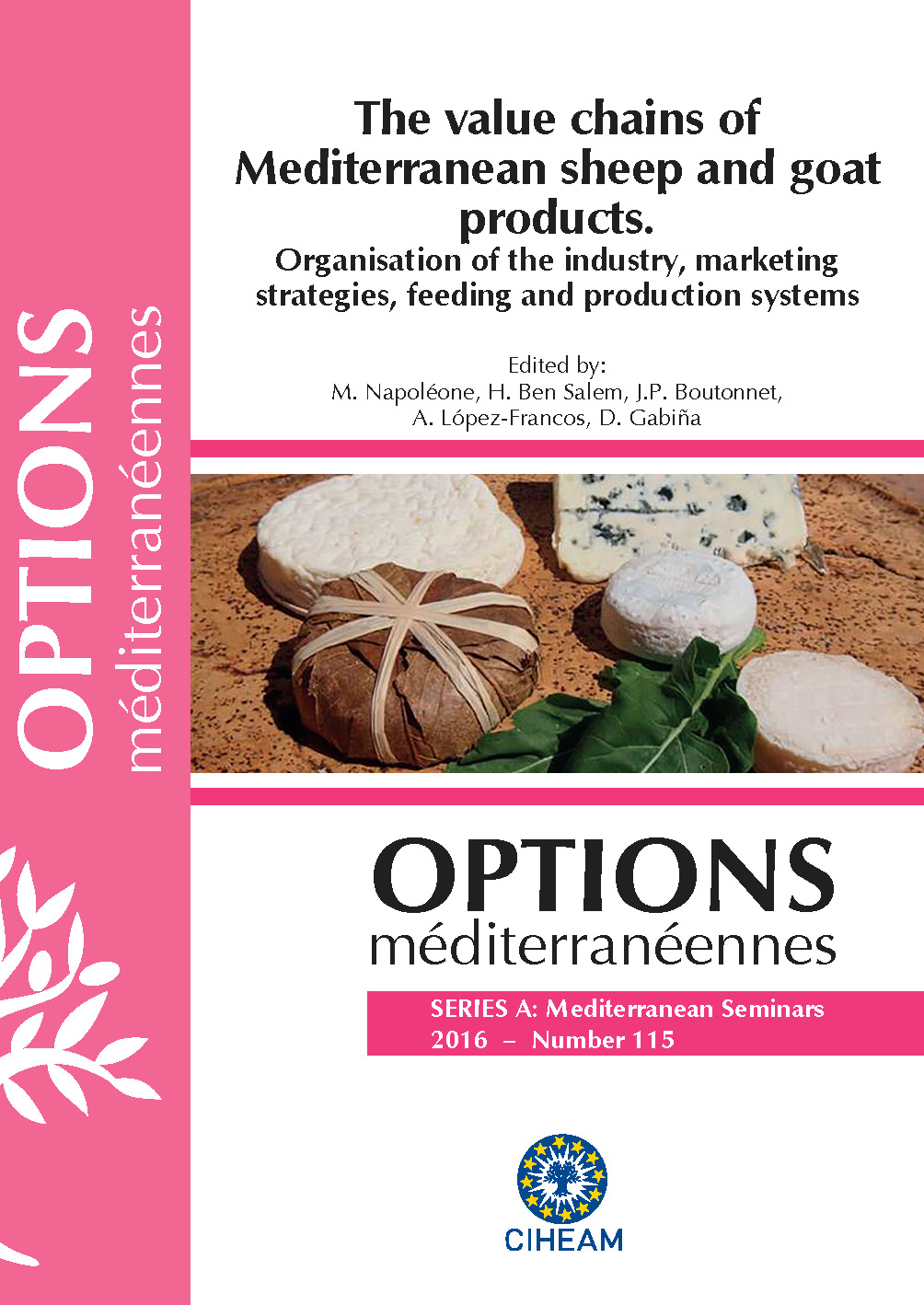| Article précédent | p. 497-501 | Article suivant |
BADOCAP (Database on goats): advantages and limits
BADOCAP is a reference database of AgroParisTech enclosing 21,500 references (in December 2014) from 174 countries and dealing with all the subjects concerning the goat sector: husbandry, production, products (dairy, meat or hair) and commercial channels. Conditions to include a paper in BADOCAP are its goat specificity (more than 50% of its content must concern a goat subject) and the rigor and originality of its scientific, technical and socio-economical information. BADOCAP covers a broad diversity of subjects, allows searching references by four different methods (one is specific to BADOCAP and gives results more accurate by avoiding interferences with references out of the subject), the easiness of search and the presence of abstracts, which allows answers to a specific question to be obtained more rapidly. 73% of papers are written in English, but the rest has frequently an English abstract. Initially, a high proportion of papers (40-50%) came from “grey documentation” (papers unpublished in acknowledged international reviews) and provided original and interesting information. This proportion has declined steadily for 50 years. The quality, the rigor and the originality of the available information in BADOCAP make an essential tool for goat specialists, decision makers for agricultural policy and goat lovers.
BADOCAP est une banque de données bibliographiques d’AgroParisTech constituée de 21 500 références (fin 2014) provenant de 174 pays et traitant tous les sujets intéressant le secteur caprin : élevage, production, produits (lait, viande et poil) et leur filière. Les conditions requises pour qu’un article entre dans BADOCAP sont sa spécificité caprine (plus de 50% du contenu de l’article doit traiter d’un thème caprin) et sa qualité reposant sur la rigueur et l’originalité de l’information scientifique, technique ou socio-économique qu’il contient. L’intérêt de BADOCAP s’exprime par la diversité de l’information qu’elle renferme, la possibilité de l’interroger par 4 méthodes différentes dont une spécifique à BADOCAP (ce qui permet des interrogations précises évitant la pollution de références parasites ou hors sujet), sa facilité d’interrogation et la présence de résumés qui permet à l’utilisateur d’obtenir des réponses rapides à son questionnement. 73% des articles sont écrits en anglais, mais le reste a souvent un résumé en anglais. Initialement, une proportion importante (40 à 50%) des références de BADOCAP provenait de la documentation grise (articles non publiés dans des revues internationales reconnues) et apportait une information originale et très intéressante. Cette proportion a régulièrement diminué en 50 ans. La qualité, la rigueur et l’originalité de l’information disponible dans BADOCAP en font un outil indispensable autant pour le spécialiste caprin que pour le décideur de la politique agricole ou l’amateur s’intéressant au secteur caprin.
- [ Afficher ]
- [ Télécharger ]
- [ Exporter la citation ]
Vous pouvez télécharger la citation au format :
- [ Imprimer ]
-
Mots-clés
BANQUE DE DONNEES, CAPRIN, DOCUMENTATIONCiter cet article
Morand-Fehr P., Giger-Reverdin S. BADOCAP (Database on goats): advantages and limits. In : Napoléone M. (ed.), Ben Salem H. (ed.), Boutonnet J.P. (ed.), López-Francos A. (ed.), Gabiña D. (ed.). The value chains of Mediterranean sheep and goat products. Organisation of the industry, marketing strategies, feeding and production systems. Zaragoza : CIHEAM, 2016. p. 497-501. (Options Méditerranéennes : Série A. Séminaires Méditerranéens; n. 115). Joint Seminar of the Subnetworks on Nutrition and on Production Systems of the FAO-CIHEAM Network for Research and Development in Sheep and Goats, 2015/06/16-18, Montpellier (France) . http://om.ciheam.org/om/pdf/a115/00007322.pdf



